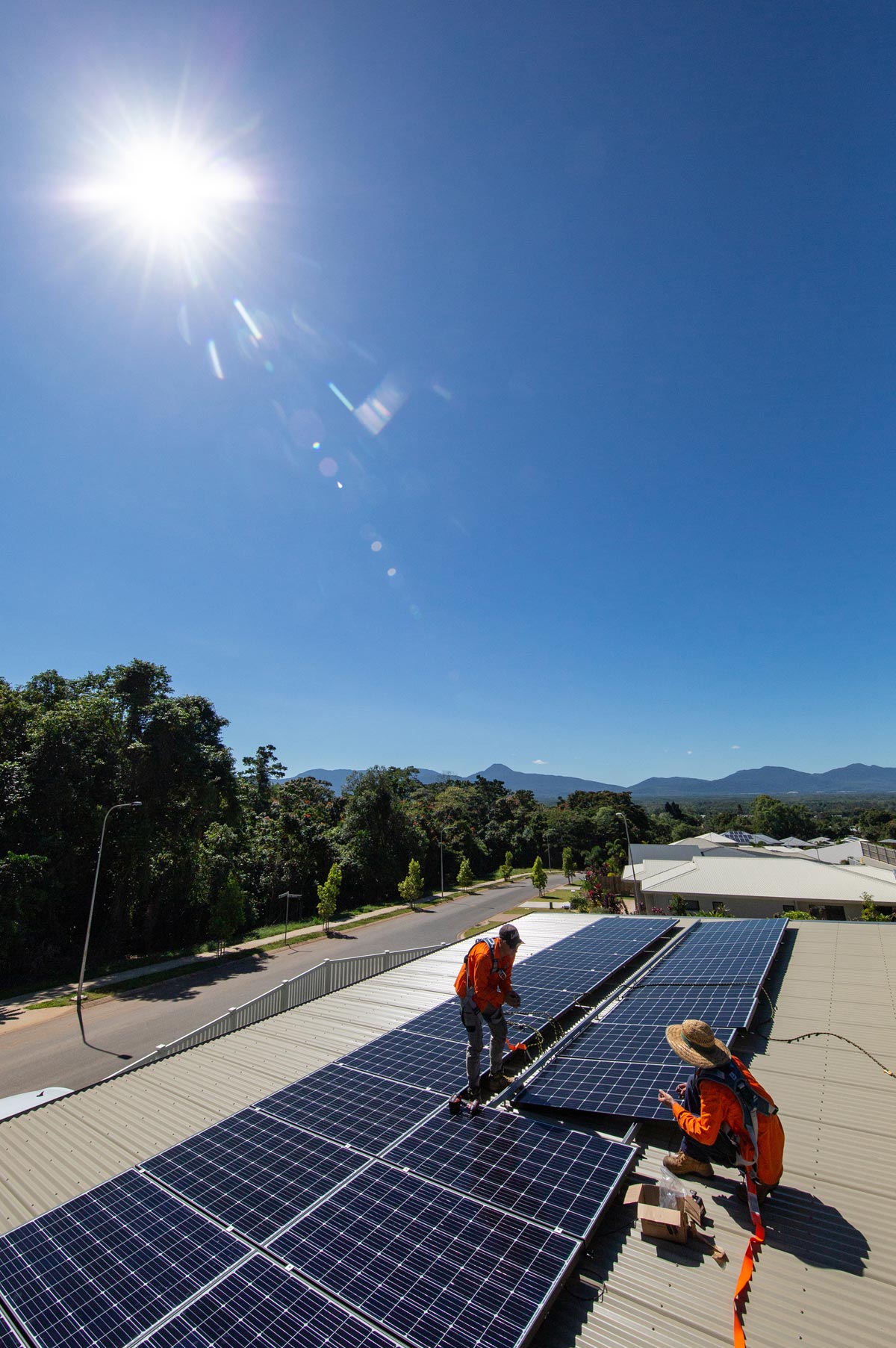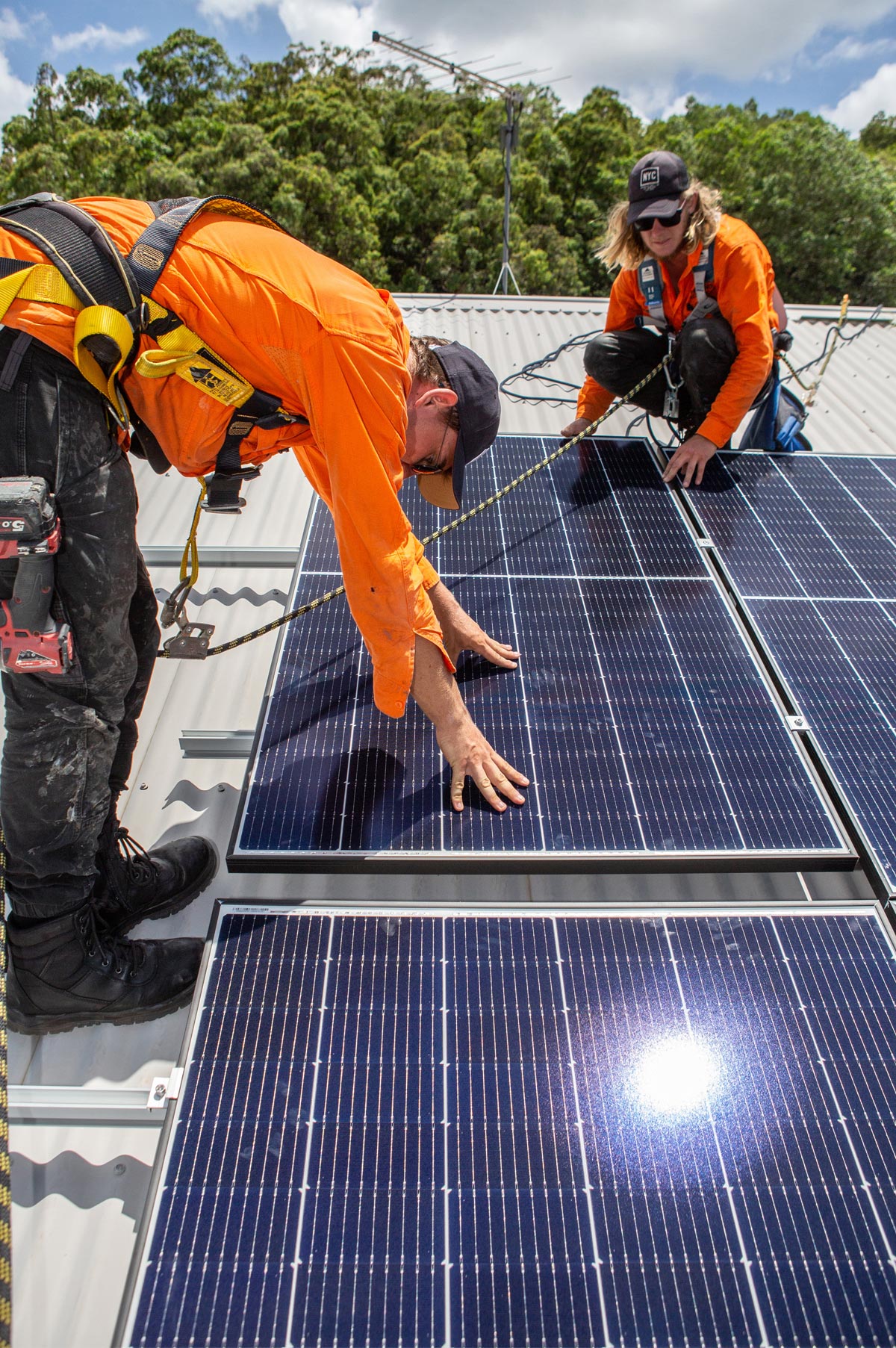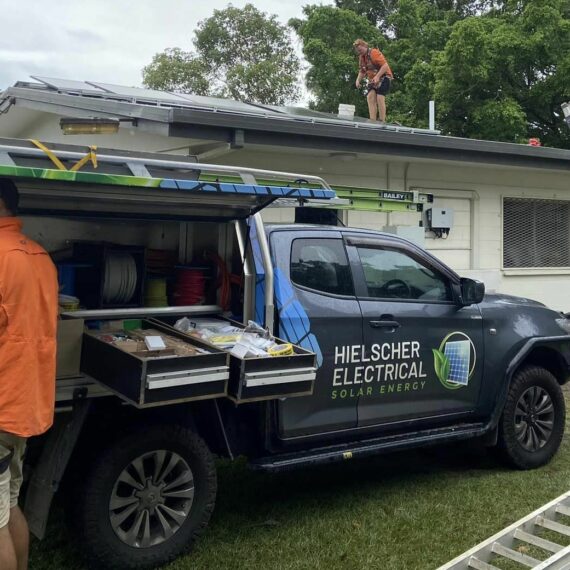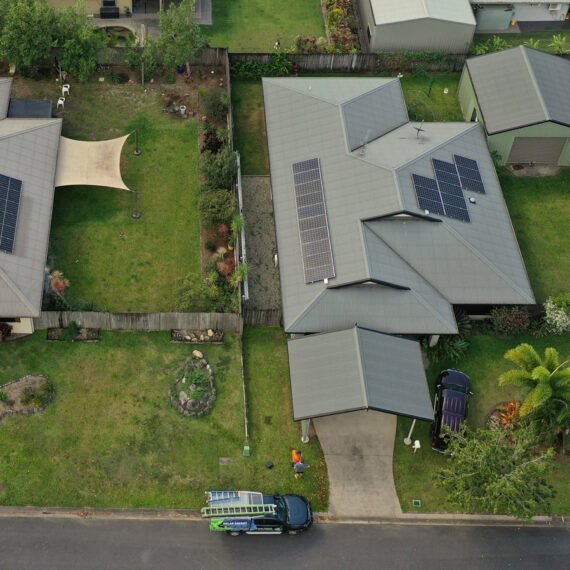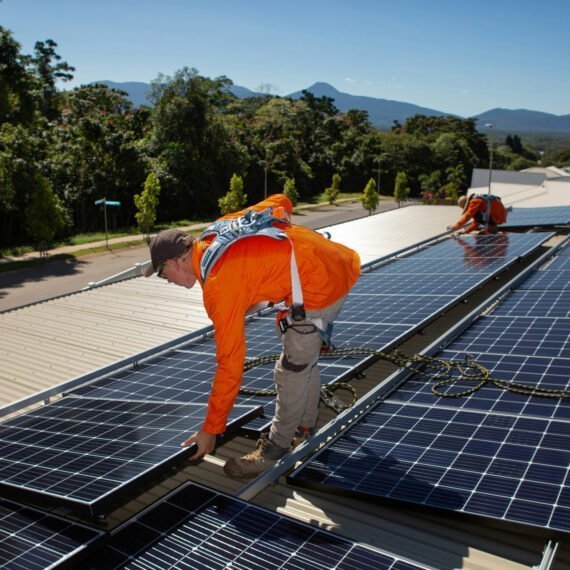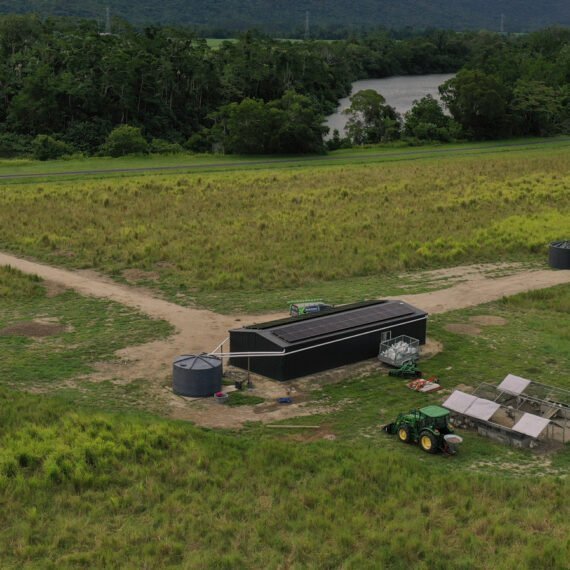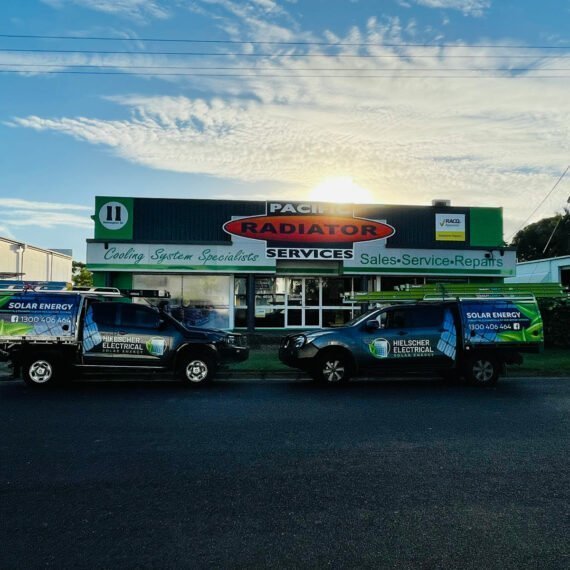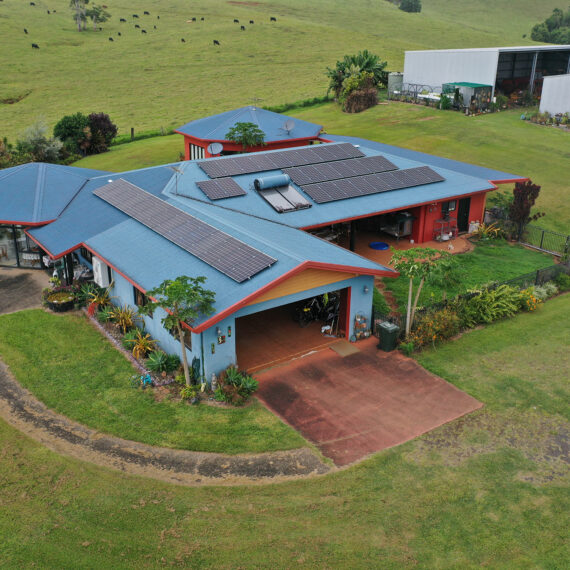EV Chargers
Electric vehicle charging stations can be installed at your home or even your workplace, preparing you for the
Overview
Electric Vehicles (EV) are the future and just like things internet in the 90s, the EV market is set to grow exponentially.
According to the latest forecast by the UBS investment bank, approximately 20% of all new vehicles sold worldwide will be electric by 2025. This will double by 2030, and by 2040 every new car on the global market will be electric.
Global sales of EVs in 2020 raced forward despite the Covid pandemic, increasing by 43% to an overall of 3.2m, even though the total sales of cars drooped by a fifth.
Back home, electric cars are projected to account for about 30% of all vehicles in Australia by 2040. According to the Electric Vehicle Council of Australia, over 19,500 EVs have been sold since 2011. The sales increased in 2019 by 200%, with more than 6,700 EVs having been sold.
Please hear this—the next revolution will be electric; and this won’t be a fad or mere greenwashing…
Yes, the writing is all over the wall. It is a fact, many automakers are seen adding more EVs to their new lineups—I mean every manufacturer is working on an electric car that will soon be unveiled.
On the other hand, governments across the world are setting ambitious carbon reduction targets by banning the use of diesel and petrol cars, and this is helping fire momentum for the revolution.
But, what is sure to end the internal combustion engine is a technological revolution that is happening faster than we all ever imagined.
How many EV charging stations are in Australia?
It’s estimated that Australia only has 2500 compared to over 800,000 public EV chargers installed in China after it installed a staggering 4000 each day in the month of December 2020.
Categories of EV Chargers
There are three different levels of electric car recharge stations:
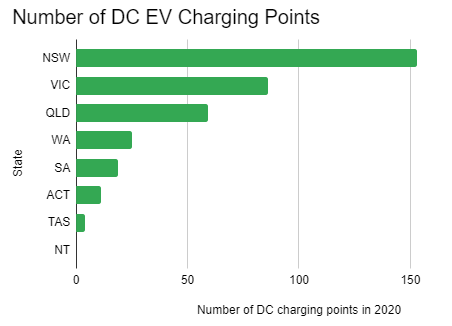
Use this map to find the nearest charge station to your location.
Categories of EV Chargers
There are three different levels of electric car recharge stations each level having it's own set of electric vehicle charger features. These features include:
Level 1
Level 2
Level 3
Level 1
- Bog standard wall socket
- Cable supplied with EV plugs into a 10-15 amp
- Single phase power point
- 10-20km range per hour plugged in
- Not ideal if you need a quick, full charge for your EV
Level 2
- Public AC charging point at a car park, shopping centre
- The EV chargers can be installed at home
- Charging rate is up to 7kW (10-15 amp)
- Single Phase
- Expect about 40km/h plugged in
- EV charger can fully charge your EV overnight
- Standard domestic AC “wall box” charger—capable of being powered by renewables like solar energy
Level 3
- Generally fast chargers or superchargers
- Operate at 25kW to 350kW (40-500 amp)
- Three phase
- Commonly found in car parks, commercial premises and roadside locations
- Adds up to 150km/h of range when plugged in
- A complete recharge takes about 10 to 15 minutes
The Electric Revolution
Take a look at the internet today. By our reckoning, the EVs market is progressing the same way the internet did in the late 1990s or early 2000s.
During that time, there was a huge buzz around this new thing that caused computers to talk to each other. Today, well-established Fortune 1000 companies like Amazon and Google have taken over the world and boast some mind-boggling valuations.
Electric cars are set to do the same—just that EVs feature a more venerable lineage compared to that of the internet.
But, did you know that the first electric vehicle was developed in the 1830s by a Scottish inventor Robert Anderson? Yeah, Tesla isn’t the first company to manufacturer EV. We thought you should know!
It’s only in recent years that the technology has been availed at more competitive prices. The reason is due to a curve—manufacturers call it the “learning curve”. And it seems we are already in the steep section of it.
The concept of the S curve is that the more something is made, the better we get at making it and the cheaper it becomes to manufacture it. This explains why personal computers, solar panels, diesel and petrol cars became more affordable with time.
The same thing is bound to drive down the prices of solar storage batteries, and eventually electric vehicles. We believe that as soon as EVs become cost-competitive with the conventional fossil fuel cars, the game will be up.
That’s what Tesla’s Elon Musk strongly believes. Recently the self-styled techno king told investors that the company’s Model 3 was so far the best-selling premium sedan globally, and predicted that the newer, more affordable Model Y would become the best-selling car yet.
This simply means there has been a real shift in customer perception of EVs as the demand continues to increase more rapidly. But there’s a lot to be done before EVs drive their diesel and petrol rivals off the road.
Today, there are massive improvements in the computers that control EVs, motors that drive them, their designs and most importantly their charging systems.
Which leads us to the reason for this post—EV charges.
EV Chargers Installation in Australia
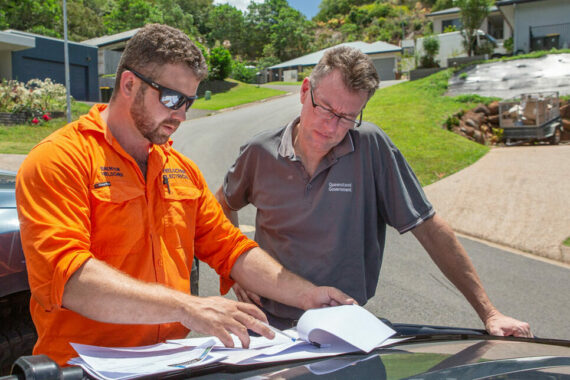
Step One:
Consultation and Design
Our certified electricians ensure the installation of your EV charging station conforms to Australia’s rules and regulations.
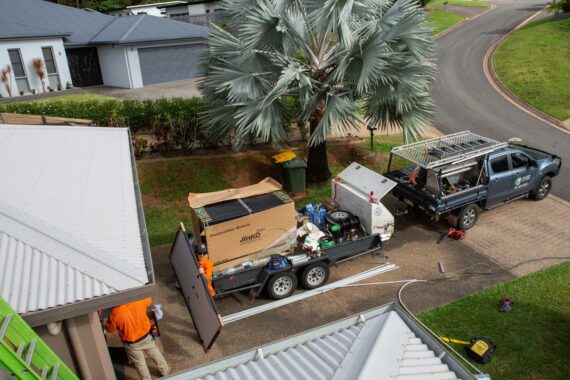
Step Two:
We Deliver And Install
Full inspection of your home or office before the EV charger installation
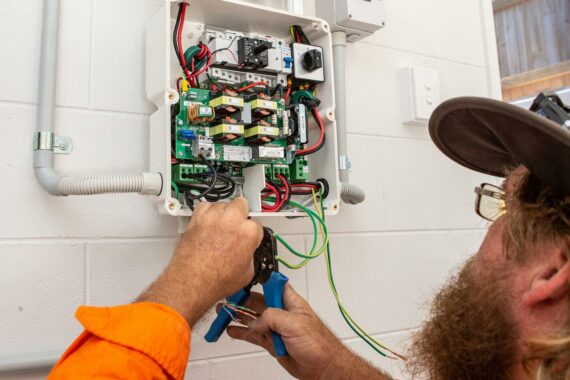
Step Three:
We Configure And Monitor
Verify that the charging equipment is fully functional

Step Four:
We Deliver And Install
On-site electrical services consultations across Queensland and meets both local and Australian standards.

Step Five:
We Configure And Monitor
New car warranty assured as per the requirements of the Australian standards with all equipment fully adhering to the AS3000 wiring rule.
Detailed information provided about equipment features, warranty terms, rightful usage, limitations and necessary maintenance.
EV Chargers Installation in Cairns
Since charging times at public EV charging stations vary based on the electric car’s onboard charger, most manufacturers of EVs recommend installation of an EV charging station at home to enhance recharging times and speed.
At Hielscher Electricals, we deliver safe, fast-charging and affordable EV chargers across Australia. As solar power and electrical specialists, we supply and install future-proof EV charging stations featuring durable components and AI software with equipment approved by EV manufacturers.
If you’re looking to install level 2 EV chargers, we make owning an electric car as easy as ABC by helping you charge faster and drive further with electric car charging stations that carry a quality guarantee for homeowners.
With fully planned and well-tailored solutions, we enable Aussies to achieve scalability with the rapidly evolving world of technology.
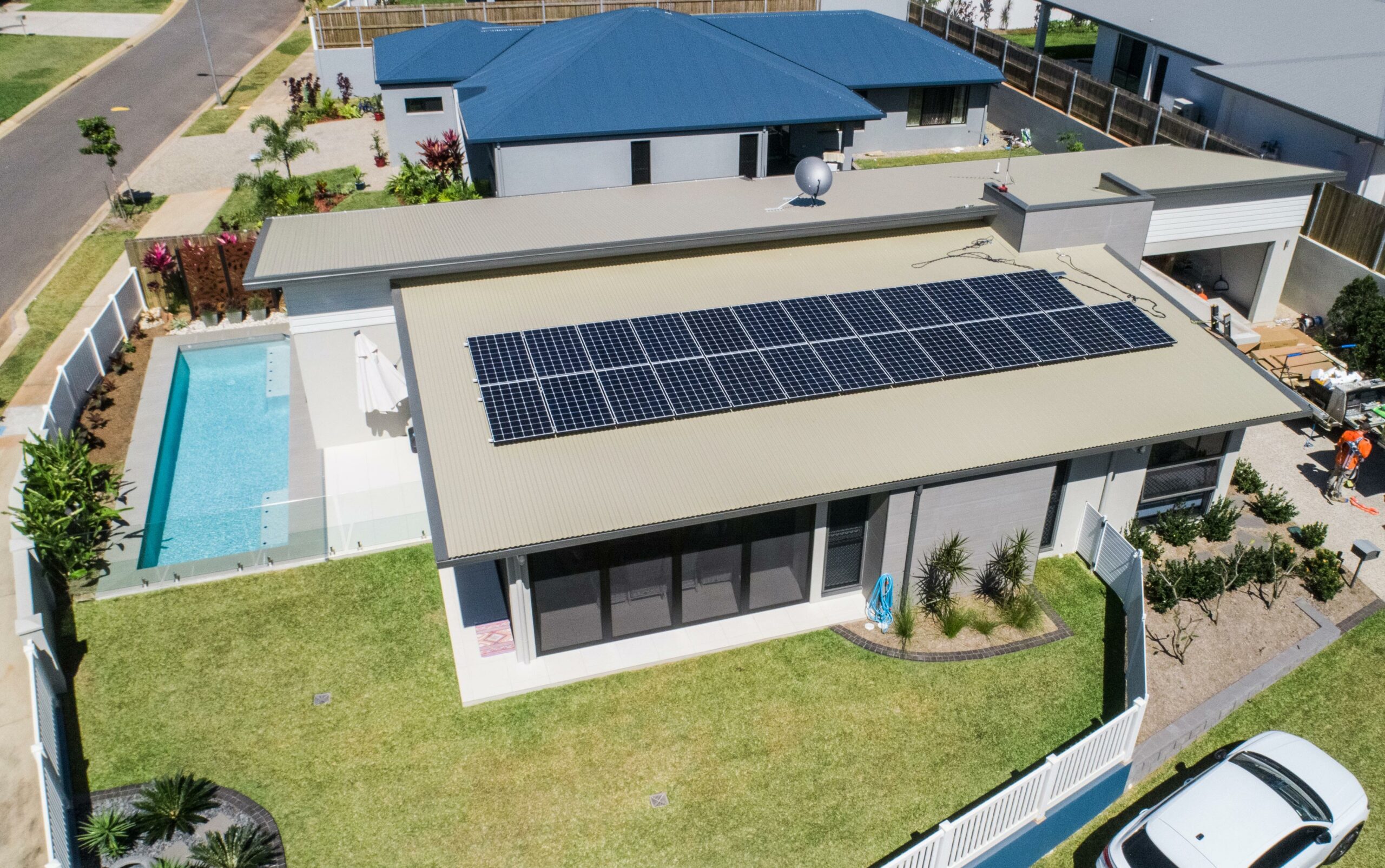
Why Us!
All electric car charging installation services are available. For more information on EV chargers and cables, visit us here.
Local Business
Save money on utilities or increase the value of your home by installing solar
15 Years Experience
Our remote industrial solar systems are designed to reliably power our clients
Thousands of Installs
Everyday the sun provides us with abundance of free energy by placing solar
Benefits of EV Chargers
Use power from your solar panels during the day and save on your electricity bill. Use power from your solar panels during the day and save on your electricity bill.
A solar PV system is a popular feature and may add value to your property. A solar PV system is a popular feature and may add value to your property.
There are no direct greenhouse gas emissions because electricity is made from sunlight rather than fossil fuels. There are no direct greenhouse gas emissions because electricity is made from sunlight rather than fossil fuels.
Latest Solar Projects
Save Money, Save The Environment!
Save Money With Solar Power - Pay $0 Upfront
Don't get stuck paying high electricity bills. Secure your grid dependence today by investing in a solar power system.
Hielscher Electrical provide a free onsite consultation and solar power design services showing you exactly what you can do to save money for your home or business.
Solar Panels
Solar Batteries
EV Charging
Solar Quote Request
Quick Contact
Hielscher Electrical provide free on-site solar inspections.
61 Hargreaves StreetEdmonton, QLD 4869
Company
Members



©2021 Hielscher Electrical, All Rights Reserved. Powered by Darryn.

